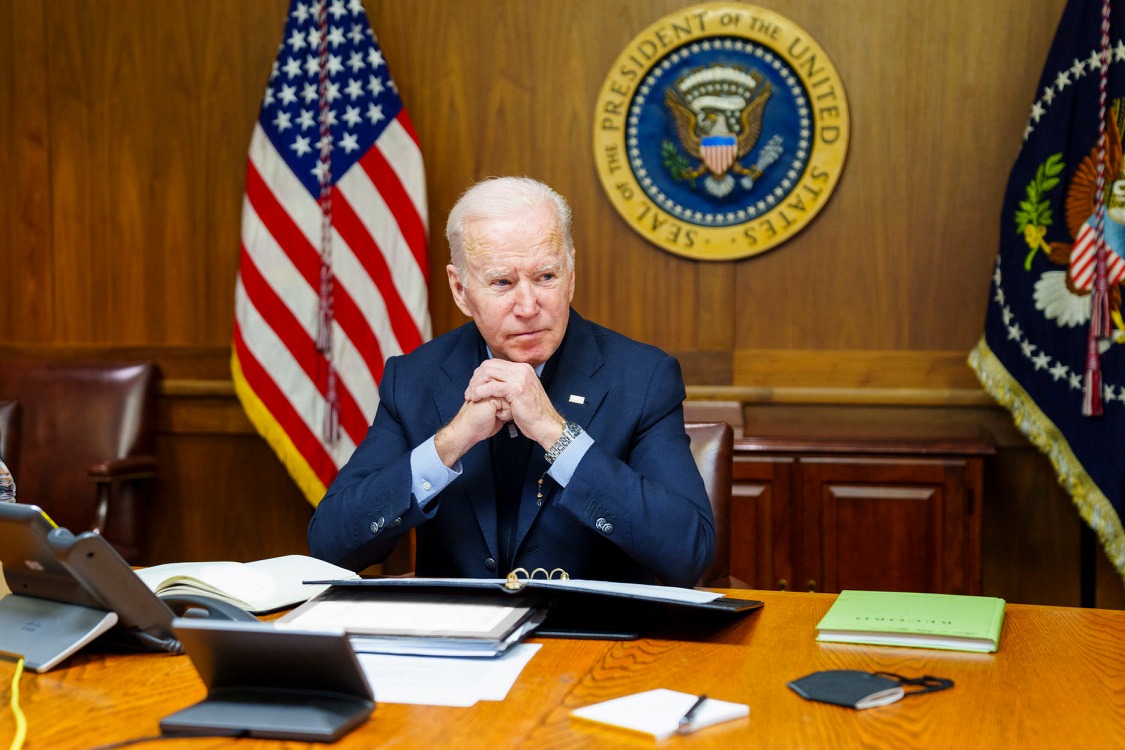July 18 (Reuters) – A federal appeals court on Thursday blocked President Joe Biden’s administration from continuing to implement a new student debt relief plan designed to lower monthly payments for millions of Americans.

The St. Louis-based 8th U.S. Circuit Court of Appeals granted a request by seven Republican-led states to put on hold parts of the U.S. Department of Education’s debt relief plan that had not already been blocked by a lower-court judge.
That ruling last month by U.S. District Judge John Ross in St. Louis had blocked the department from granting further loan forgiveness under the administration’s Saving on a Valuable Education (SAVE) Plan but had not blocked all of the plan. The SAVE Plan provides more generous terms than past income-based repayment plans, lowering monthly payments for eligible borrowers and allowing those whose original principal balances were $12,000 or less to have their debt forgiven after 10 years.
State attorneys general led by Missouri Attorney General Andrew Bailey subsequently last week asked the 8th Circuit to block the rest of the SAVE Plan. The court did so through a one-page order granting an administrative stay. Bailey hailed the ruling as a “huge win for every American who still believes in paying their own way.” He said the student loan plan “would have saddled working Americans with half-a-trillion dollars in Ivy League debt.”
An Education Department spokesperson said it was assessing the ruling’s impact, would be in touch with any borrowers directly affected by it, and “will continue to aggressively defend the SAVE Plan.” Biden, a Democrat, announced the SAVE Plan in 2022, alongside a broader $430 billion program that would have fulfilled a campaign promise by cancelling up to $20,000 in debt for up to 43 million Americans. It was ultimately blocked by the conservative-majority U.S. Supreme Court in June 2023. The SAVE Plan was slated to fully take effect on July 1, though parts of it have already been implemented.
The White House has said that over 20 million borrowers could benefit from the SAVE Plan. The Education Department says that 8 million are already enrolled, including 4.5 million whose monthly payments have been reduced to $0. The Education Department on Thursday said it had already granted $5.5 billion to 414,000 borrowers through the SAVE Plan.
The administration estimated that the plan would cost taxpayers around $156 billion over 10 years, but Republican state attorneys general argue that its actual cost totaled around $475 billion. Another federal judge in Kansas had also blocked parts of the SAVE Plan last month, though a different federal appeals court, the Denver-based 10th U.S. Circuit Court of Appeals, put part of that decision on hold. A group of Republican-led states have asked the U.S. Supreme Court to reinstate that injunction.
Analysis and Implications
The recent ruling by the 8th U.S. Circuit Court of Appeals marks another significant challenge to the Biden administration’s efforts to provide student debt relief. The opposition, led by Republican state attorneys general, reflects a broader ideological divide over the role of government in managing student debt and the broader economy. The SAVE Plan, intended to offer more generous repayment terms and quicker forgiveness for certain borrowers, is part of a broader effort by the administration to address the growing student debt crisis.
The legal battles surrounding the SAVE Plan highlight the contentious nature of student debt relief efforts. Proponents argue that such measures are necessary to alleviate the financial burden on millions of Americans, while opponents contend that they unfairly shift the cost to taxpayers and do not address the root causes of rising educational costs.
For borrowers, the uncertainty created by these legal challenges can be unsettling. Many who were counting on relief through the SAVE Plan may now find themselves in limbo, awaiting further court decisions. The Biden administration’s commitment to defending the plan suggests that the fight is far from over, but the path forward remains unclear.
The broader implications of this ruling could also affect future efforts to reform the student loan system. If the courts ultimately block the SAVE Plan and other similar initiatives, it could force policymakers to seek alternative approaches to addressing the student debt crisis. This might include measures to reduce the cost of higher education, expand access to grants and scholarships, or restructure existing loan programs to be more affordable.
In the meantime, borrowers affected by the recent ruling are encouraged to stay informed about the latest developments and to explore other available options for managing their student debt. The Education Department has pledged to communicate directly with those impacted by the court’s decision, providing guidance and support as needed.
The recent court ruling blocking President Biden’s student loan forgiveness plan represents a significant setback for the administration’s efforts to provide financial relief to millions of Americans. As the legal battle continues, borrowers and policymakers alike must navigate a complex and uncertain landscape. The outcome of this dispute will have far-reaching implications for the future of student debt relief and the broader higher education system in the United States.